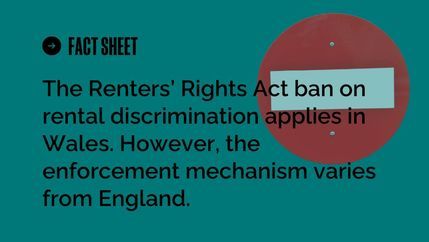
What’s changing?
The new law focuses on giving businesses greater flexibility, rather than burdening them with new mandatory requirements. Most of the changes are optional, offering agents the chance to reimagine how they handle data and interact with customers.
Key updates that matter to property professionals include:
- More freedom to innovate: Organisations can make greater use of data for product development, service delivery, and customer communication—provided it still aligns with privacy safeguards.
- Simplified complaints process: While not yet in force, agents will eventually need to have a more defined process for individuals to complain about data use. Guidance will be provided by the Information Commissioner's Office (ICO).
- Clearer rules for children’s data: Children’s data is now explicitly recognised as requiring special protection.
- Enhanced role of the ICO: The ICO must now promote innovation and economic growth, recognise the importance of public safety and national security, and ensure children’s rights are safeguarded. This signals a more business-friendly regulator that also retains strong enforcement powers.
ICO guidance for organisations →
GOV.UK Data (Use and Access) Bill fact sheet →
When will these changes happen?
The Act will be phased in over the next 12 months. The ICO has committed to publishing regular updates to clarify what each sector, including property, needs to do and when.
We’ll continue to monitor guidance as it’s released and update our members accordingly.
What this means for agents
While the DUAA doesn’t impose sweeping new compliance obligations, it sets a more flexible framework that agents can use to:
- Improve data-sharing between stakeholders (e.g. landlords, tenants, conveyancers)
- Support adoption of digital ID checks and property information sharing platforms (as Propertymark advocates for in our position paper, The future of homebuying and selling)
- Offer clearer privacy notices and simplify communication with clients
These changes align with Propertymark’s ongoing work to modernise the buying, selling, and renting process, including our support for digital identity proofing and improved data flows through Unique Property Reference Numbers (UPRNs).
Actions to take now
Review, prepare, and stay informed. Make sure privacy notices and internal processes reflect the flexibility allowed under the new law, look out for ICO guidance on the new complaints requirement and be ready to update your systems.
Propertymark will continue to work with regulators and industry partners to ensure members can benefit from a simplified, modernised data protection framework. We’ll also produce sector-specific guidance as the implementation timeline becomes clearer.






